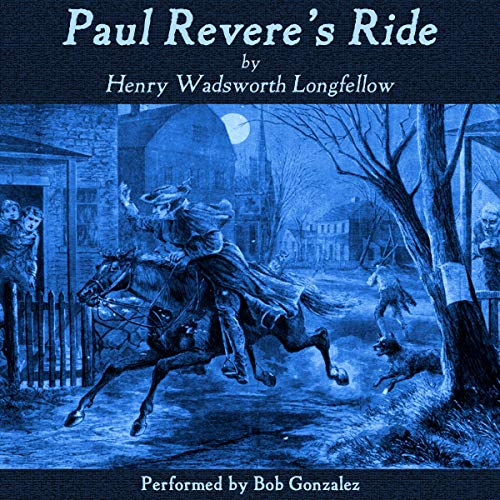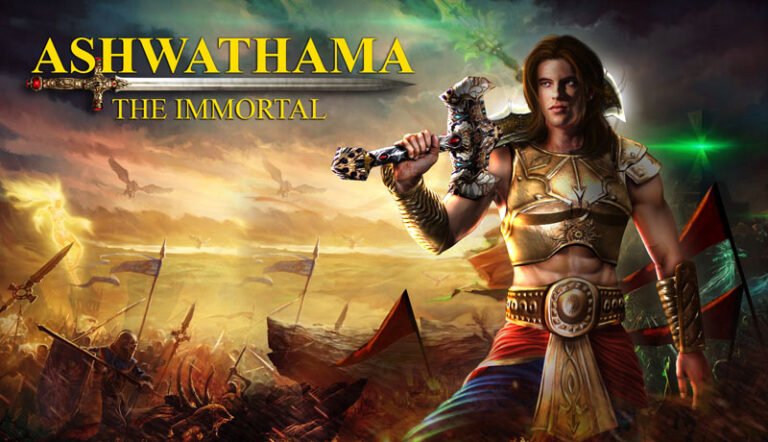In the “10 Questions” section of the June 20, 2011 issue of Time Magazine, historian David McCullough shares his thoughts on the impact of the dying art of letter writing on the study of history. He’s concerned about “… the loss of the process of working out your thoughts on paper, of having an idea that you would never have had, if you weren’t [writing] being a handicap…. Writing is calisthenics for the brain.”
I found myself nodding my head in agreement as I read the article at the barber’s shop this morning. I have always noticed that writing forces me to put my ideas down — visible in black and white, warts and all. The process forces me to clarify my own thinking, getting to the heart of the matter. Helps me to communicate clearly, simply, and well.
However, unlike McCullough, I am less concerned that people have stopped writing. Just looking at the sheer number of blogs and tweets, I believe that people are writing — but in different media, using newer and different tools. What I am concerned about is the fact that writing today is both ill-focused (high volume, conversational, less thoughtful), short (140 characters), and ephemeral (where, oh where, are yesterday’s tweets?). The question in my mind is whether historians, a 100 years from now, can find, aggregate and interpret this mass of data, and build a “holistic” sense of what we are thinking about and attempting to communicate.
I will do my bit for posterity by continuing to write “complete” articles ![]()










